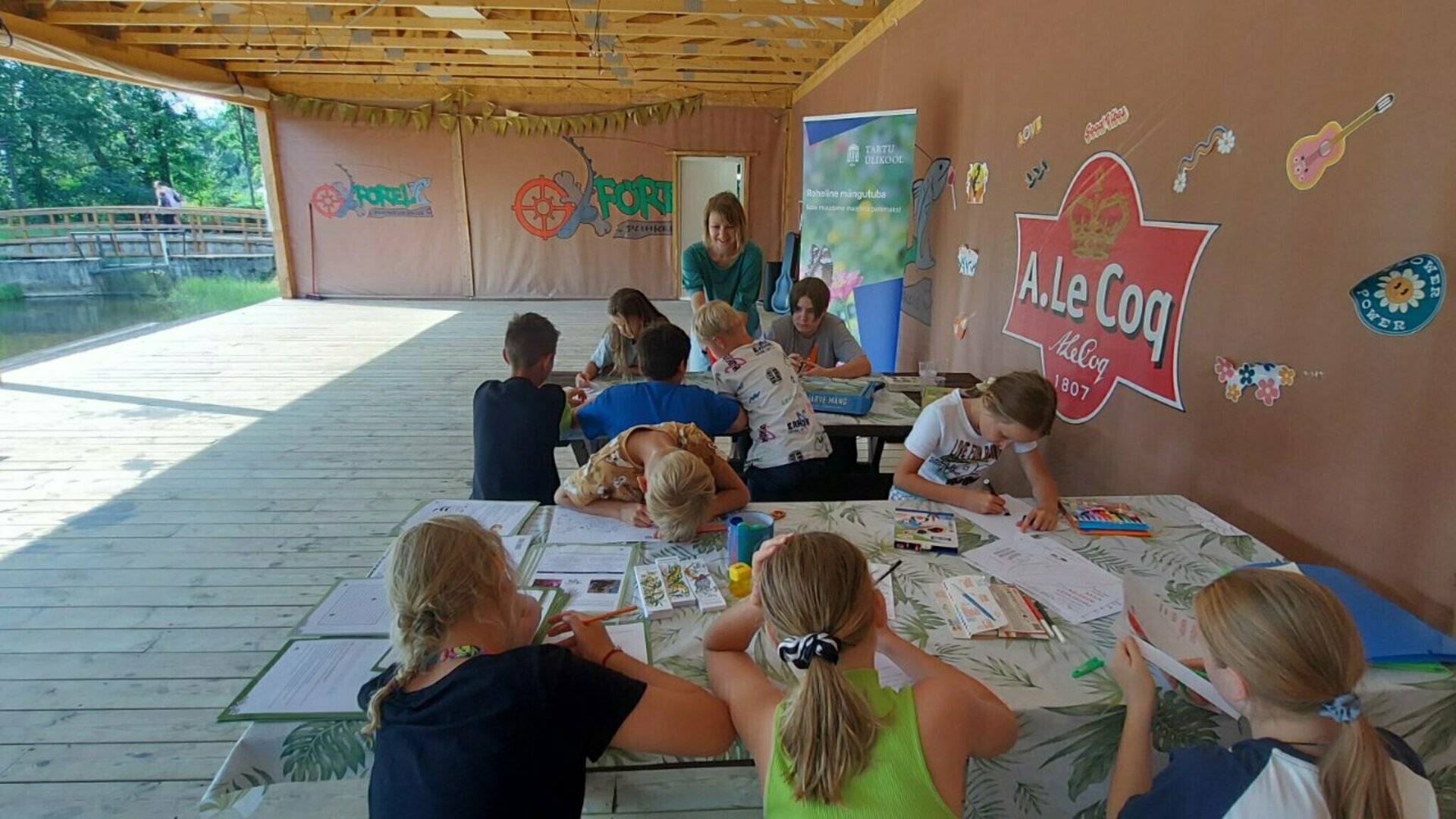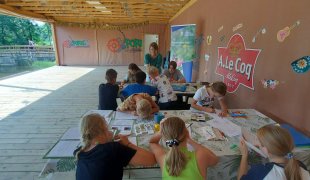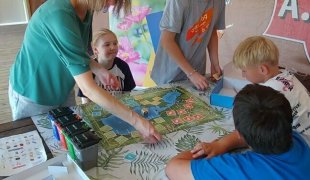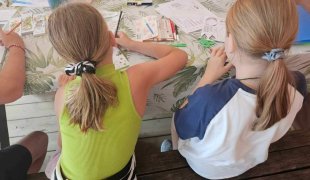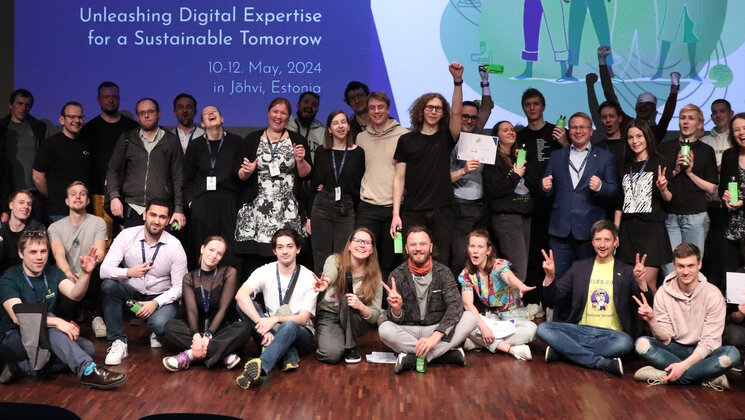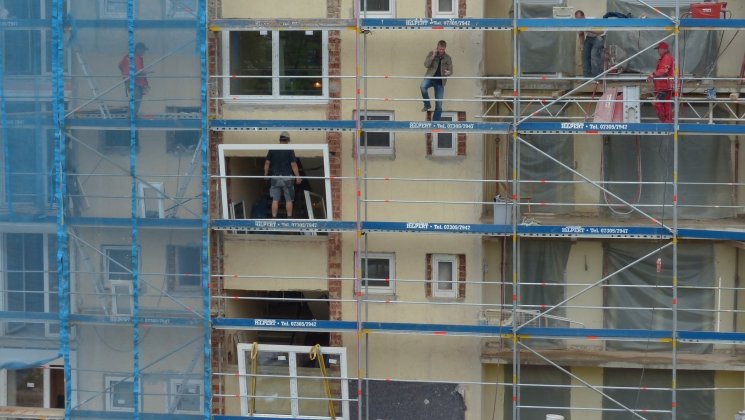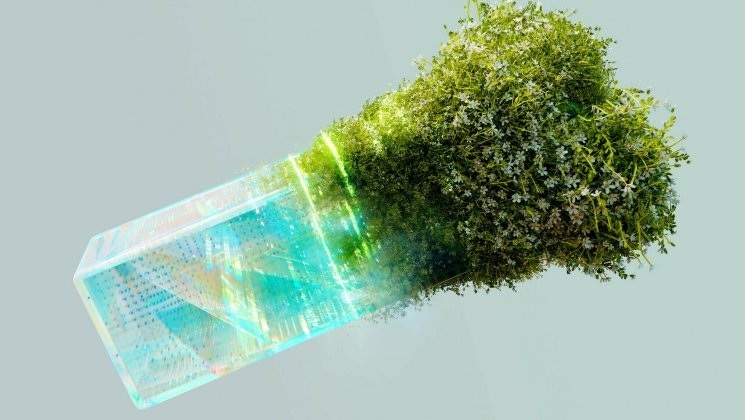CEESEU-DIGIT: Children as Advocates for Sustainable Environmental Practices!

Estonia, with its focus on youth and the historically industrial region of Ida-Virumaa, exemplifies a region in transition, while it embraces environmental transformation. Recognizing the importance of equipping the younger generation in this area with essential knowledge, CEESEU-DIGIT strategically directs its educational efforts there.
The mission of the CEESEU-DIGIT project, initiated in December 2022, centers around the development of innovative regional energy and climate plans (ECAP) across six target areas in Central and Eastern Europe. Building upon the foundations laid by the preceding CEESEU initiative, this project aims to address pressing environmental challenges. Furthermore, CEESEU-DIGIT remains dedicated to safeguarding vulnerable social groups and combatting energy poverty while pursuing its climate protection objectives.
Estonia is one of the six target areas of the project while focusing particularly on the Ida-Viru region, which is historically known for its involvement in oil shale mining. Given the region’s industrial background, it currently encounters significant challenges related to the transition towards more environmentally sustainable practices. To ensure a seamless transition, the project recognizes the importance of actively addressing the ongoing shift and simultaneously educating the youth in the area about sustainable solutions for a green transition and future prospects.
Green transition events for youth of Ida-Virumaa
- Educational eco-creative workshop for children at Narva-Jõesuu solar park
Elis Vollmer and Julia Golubeva from the University of Tartu’s CEESEU-DIGIT project team participated in an event with a clear mission: to raise awareness about green transition. In collaboration with the Narva-Jõesuu Municipality, the event aimed to educate both children and adults on waste sorting and environmental concerns, using engaging coloring books to illustrate important concepts. Discussions centered on climate change, fostering a deeper understanding of environmental challenges. As a result of this informative and interactive workshop, participants, both children, and parents, crafted paper ladybugs, symbolizing their commitment to preserving and enhancing biodiversity.
- Green playroom: children’s camp at Olgina Community Cente
Julia Golubeva, a member of the CEESEU-DIGIT project team at the University of Tartu, organized a dynamic workshop for children at a camp. The workshop, in collaboration with the Narva-Jõesuu Leisure Centre, focused on biodiversity preservation and environmental awareness. Children learned essential skills, such as proper waste sorting, and engaged in discussions about climate change. The workshop also included engaging games about Lake Peipus’ biodiversity, exploration of different energy sources, and bird-themed activities to enhance their knowledge of Estonian parks. The children’s enthusiasm for sharing insights on the vital role of bees and pollinators in human life was inspiring. They also created paper ladybugs as a symbol of their commitment to biodiversity preservation. The event aimed to empower the younger generation to take practical steps, such as creating water bowls for insects and attracting pollinators to their gardens, all contributing to a greener, more sustainable future.
- Green playroom: Oxforell Holiday Center’s camp for children from orphanages in Ida-Viru County
The event involved a group of children from orphanages, a vulnerable demographic that receives special attention in the CEESEU-DIGIT project. The primary goal was to raise awareness and knowledge about the green transition, ensuring inclusivity in implementing energy and climate plans at the local level. In collaboration with two non-profit organizations in Ida-Viru County, the workshop organized a green playroom for the camp’s children. Caregivers were on hand to provide assistance and maintain a safe environment.
Children actively participated in various activities, including waste sorting, biodiversity games, and discussions on climate change. They created paper ladybugs as a symbol of their commitment to biodiversity preservation and learned about greenhouse gas emissions through the “Climate School” card game. The workshop also featured math tasks and mazes related to pollinators and practical tips for supporting insects in gardens. The level of engagement varied with age, but all activities aimed to keep the children motivated and focused. Volunteer-assistants provided musical breaks with an electric guitar to create a pleasant atmosphere.
- Family day fun: green playroom workshop for children and adults at Sinimäe Village Square
In collaboration with the Narva-Jõesuu Leisure Centre for Family Day, the event provided an opportunity for both children and adults to learn and engage. Participants gained insights into proper waste sorting, played a biodiversity game related to Lake Peipus, explored different energy sources, and enjoyed a bird-themed dominoes game featuring Estonian park birds. The workshop also involved creative activities, such as drawing and coloring to highlight the importance of pollinators like bumblebees and bees.
In addition to environmental awareness, participants crafted paper ladybugs symbolizing their commitment to biodiversity preservation. They expanded their knowledge through the “Climate School” card game, focusing on the impact of greenhouse gas emissions on the environment. As waste sorting is a current concern in Ida-Viru County, a waste sorting game challenged participants of all ages. Despite initial challenges, everyone successfully mastered the task with the help of clear instructions.
- Family picnic, concert and workshop at Jõhvi city park
The event aimed at educating both children and adults about the green transition. Collaborating with the Jõhvi Culture and Leisure Centre, the event emphasized waste sorting and engaging activities, including discussions on climate change and crafting paper ladybugs to promote biodiversity preservation.
Children demonstrated proficiency in waste sorting, while adults expressed concerns about potential job losses in the transition from shale energy. Residents in some areas of Kohtla-Järve faced challenges with limited waste sorting facilities. An employee from Eastman Specialities OÜ expressed interest in further discussions about a just transition.
During interviews, it became apparent that waste sorting practices varied, with one interviewee sharing experiences from the Czech Republic, where sorting is more stringent. Adults expressed a strong desire for more information about the green transition process and inquired about a CEESEU-DIGIT project website or Facebook page.
The CEESEU-DIGIT project has received funding from the European Union’s Programme for the Environment and Climate Action (LIFE 2014-2020) under grant agreement n° LIFE 101077297.
The information and views set out in this homepage are those of the author(s) and do not necessarily reflect the official opinion of the European Union or CINEA. Neither the European Union nor the granting authority can be held responsible for them.


